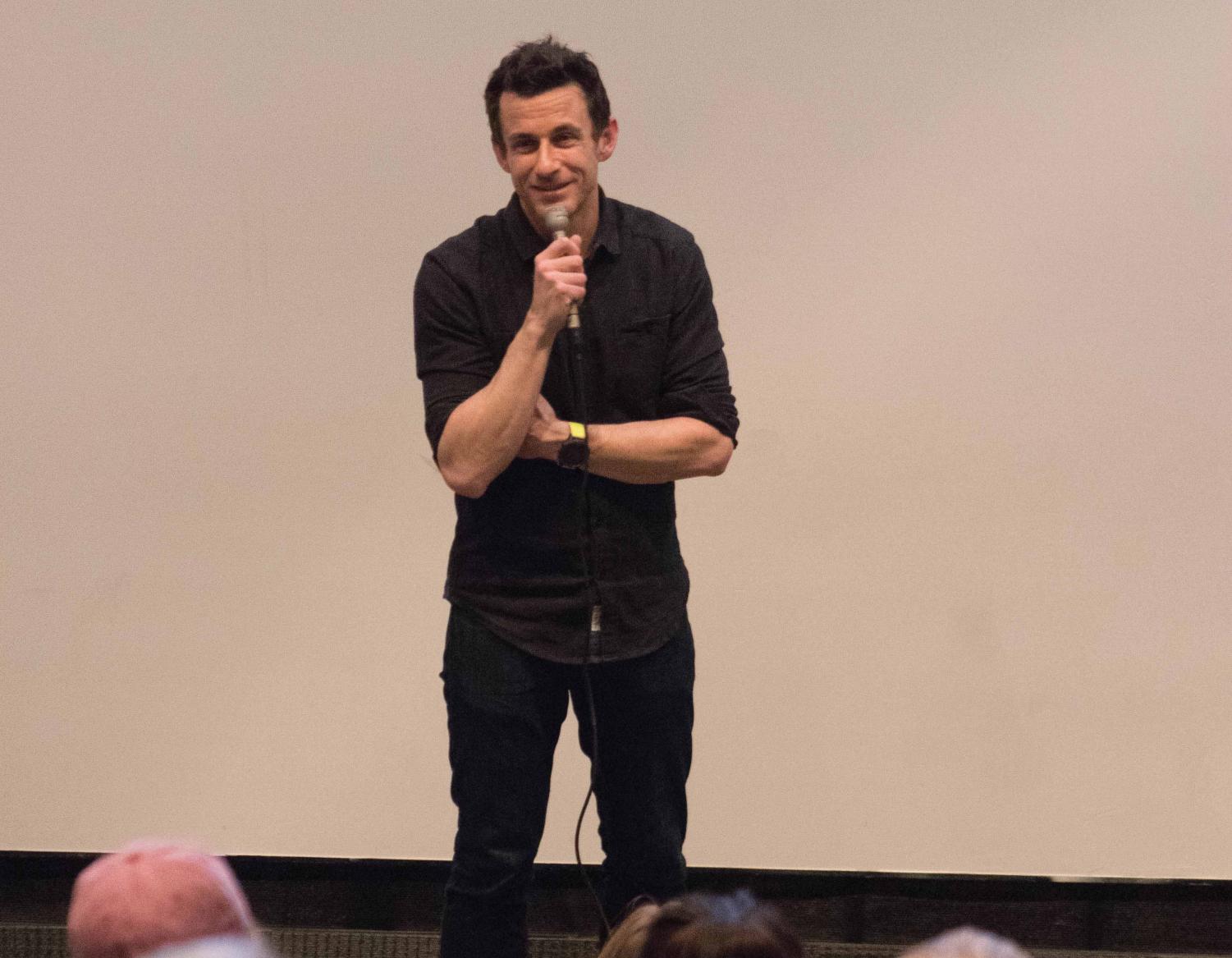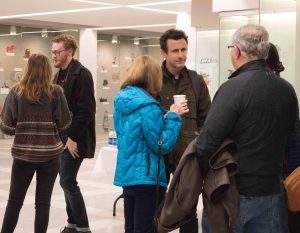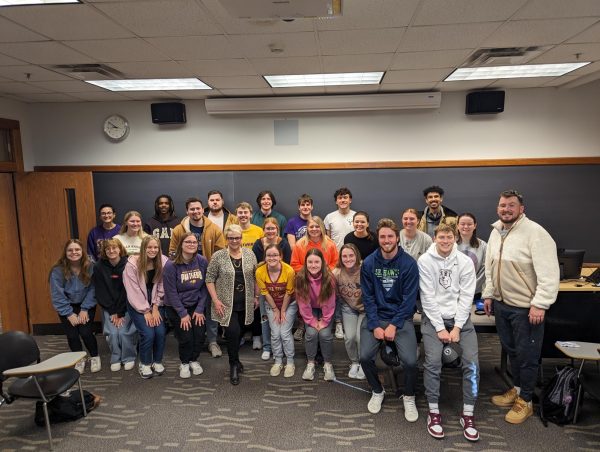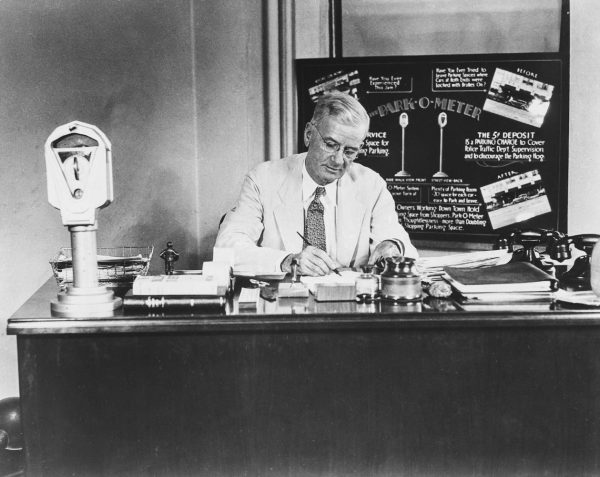Mountainfilm On Tour makes first visit to Iowa
Mar 11, 2019
From the mountains of Spain to the Rio Grande River in Texas, Mountainfilm On Tour brought natural wonders to UNI’s campus on Friday, March 8.
Mountainfilm is an annual film festival in Telluride, Colo., featuring documentary films focusing on environmental, political and social issues, often highlighted through adventure sports.
Throughout the remainder of the year, the films are shown at different venues around the world. This marked the tour’s first time ever visiting Iowa.
The UNI Film Appreciation Club (FAC) collaborated with the Green Project and the Philosophy Club to bring Mountainfilm On Tour to campus with funding from Northern Iowa Student Government.
“[The films] provoke this desire to protect our natural world and experience it to the level that others are experiencing it,” said Lily Conrad, a senior studying environmental science and president of the Green Project.
Many of the films deal with conservation, breaking stereotypes, pushing physical and emotional boundaries, as well as highlighting the importance of community.
“We’re hoping the influx of emotion that the films place upon each of the people that will be watching is enough to carry on into the future,” Conrad said, “long enough to strive to go outside themselves and push their limits and explore and experience things that are maybe uncomfortable at first.”
Members of the FAC, the Philosophy Club and the Green Project watched and ranked the films in their order of preference, selected which films they thought best to show and sent in a finalized list.
“They’re very moving,” Conrad said. “It swallows you up and it just holds your attention until it’s done. Every story is very vibrant and engaging and meaningful.”
Around 70 people filled the auditorium to watch 11 short films that ranged in length from one minute to almost half an hour. After a welcome from Nicole Baxter, FAC president, the Mountainfilm tour director and emcee, Crystal Merrill, introduced the films.
The lights dimmed as the voice of Wallace Stegner penetrated the quiet room. Colorful images of trees, mountains and rivers rolled across the screen as Stegner implored Congress to protect natural lands.
In the following film, much in the same vein, Ben Masters discussed “mother nature’s wall,” as he paddled between the canyon walls of the Rio Grande, while in the background, a crowd could be heard chanting as President Trump spoke of building a wall.
The next documentary highlighted a climbing group called “Brothers of Climbing,” in which several African-American rock-climbers from New York seeking to break stereotypes about climbers and work to create an inclusive climbing environment.
In “Break on Through,” the audience watched Margo Hayes, at the age of 19, become the first woman to climb a difficulty grade of 5.15.
Kayla Hollis, a junior studying leisure, youth and human services, reflected on the film’s impact.
“Part of it makes me wanna drop everything and just go and live life,” she said.
There was a brief intermission, followed by a film exploring what it meant to be a Sherpa in the Himalayas. It highlighted those who risk their lives to help others adventure due to their need to provide for their families, but who couldn’t afford education. It ended with a quote from Apa Sherpa, the film’s central character, saying, “The true beauty of Nepal isn’t the mountains, but the people who live in their shadow.”
UNI alum, Brendon Leonard, directed the evening’s feature film titled “How to Run 100 Miles,” documenting his and his friend’s journey to run an ultramarathon. Several opening scenes featured UNI’s own campus.
“The thing I gained from these is perspective,” Leonard said of all the evening’s films. “Perspective is the best thing you can offer. Our film in particular is about persistence; that’s a thing a lot of Iowans know already.”
After a short question-and-answer time with Leonard following his film, the evening ended with “A New View of the Moon” by Wylie Overstreet. The juxtaposed scenes of individuals from different cities gazing into a telescope, no matter who they were or where they were from, all resolved to the same reaction: awestruck faces at the luminescent moon overhead.




















